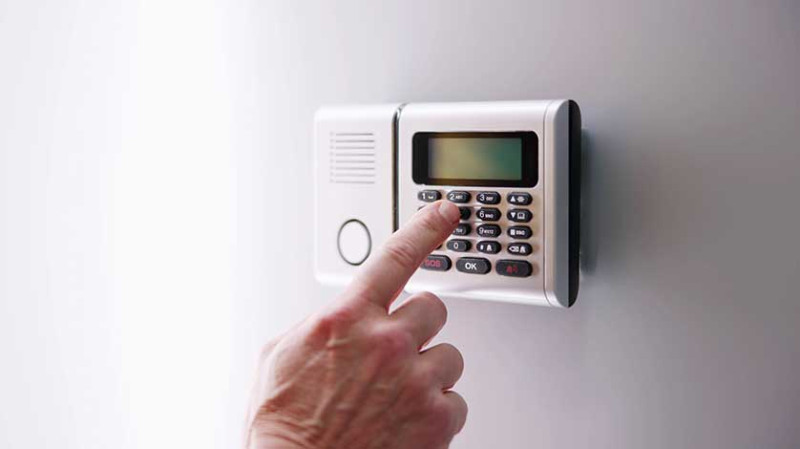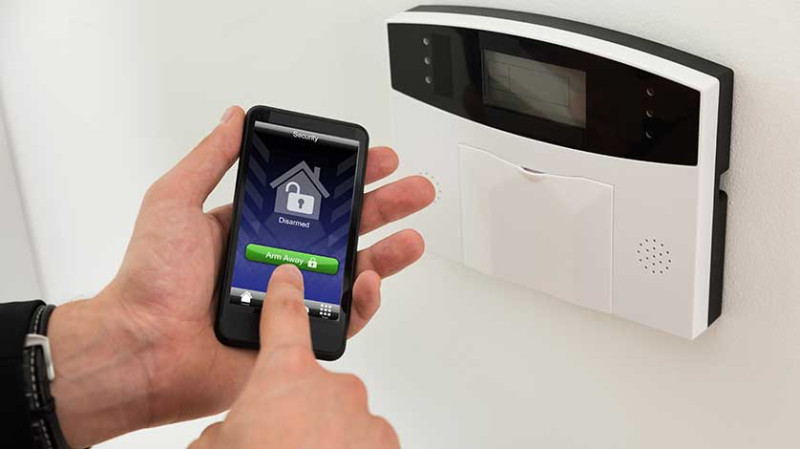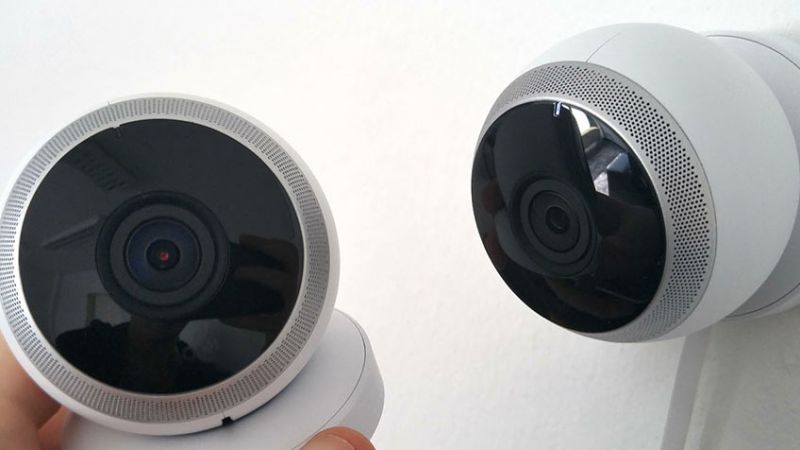
In today's world, ensuring the safety and security of your home is more important than ever. With the rise in crime rates and the increasing number of home burglaries, investing in a reliable security system is a necessity. However, with so many options available, choosing the right security system can be overwhelming. This comprehensive guide will provide you with essential tips to help you make an informed decision.
Understanding Your Security Needs
Before diving into the various types of security systems available, it's crucial to assess your specific security needs. Consider the following factors:
- Location: Is your home in a high-crime area? Are there specific vulnerabilities you need to address?
- Property Size: How large is your home? Do you have multiple entry points that need monitoring?
- Family Members: Do you have children or elderly family members who may require additional safety measures?
- Valuables: Do you have valuable items that need extra protection?
Types of Security Systems
Once you understand your security needs, you can explore the different types of security systems available:
1. Wired Security Systems
Wired security systems are hardwired into your home’s electrical system. They are known for their reliability and are less susceptible to interference. However, installation can be more complex and may require professional help.
2. Wireless Security Systems
Wireless security systems use radio signals to communicate between devices. They are easier to install and can be relocated easily. However, they may be more vulnerable to hacking and interference.
3. Monitored Security Systems
Monitored security systems are connected to a central monitoring station that alerts authorities in case of a breach. This option provides peace of mind but often comes with a monthly fee.
4. Unmonitored Security Systems
Unmonitored systems rely on alarms and alerts to notify homeowners of a breach. While they are more affordable, they do not provide the same level of security as monitored systems.
Key Features to Look For
When selecting a security system, consider the following key features:
- Video Surveillance: Cameras can provide visual evidence and deter potential intruders.
- Motion Detectors: These sensors can detect movement and trigger alarms.
- Smart Home Integration: Look for systems that can integrate with your smart home devices for added convenience.
- Mobile Access: Ensure you can monitor your security system remotely via a smartphone app.
- 24/7 Monitoring: Consider systems that offer round-the-clock monitoring for enhanced security.
Budget Considerations
Security systems come in a wide range of prices. It's essential to set a budget before you start shopping. Keep in mind the following:
- Initial Costs: This includes the cost of equipment and installation.
- Monthly Fees: If you opt for a monitored system, factor in the monthly monitoring fees.
- Maintenance Costs: Some systems may require regular maintenance or updates.
Researching Security Providers
Once you have a clear understanding of your needs and budget, it's time to research security providers. Here are some tips:
- Read Reviews: Look for customer reviews and testimonials to gauge the reliability of the provider.
- Check Credentials: Ensure the company is licensed and insured.
- Compare Packages: Different providers offer various packages; compare them to find the best fit for your needs.
- Ask About Warranty: Inquire about warranties and guarantees on equipment and services.
Installation Options
When it comes to installation, you have two main options: professional installation and DIY installation. Each has its pros and cons:
Professional Installation
Professional installation ensures that your system is set up correctly and efficiently. However, it may come with additional costs.
DIY Installation
DIY installation can save you money, but it requires a certain level of technical skill. Ensure you follow the manufacturer’s instructions carefully.
Testing Your Security System
After installation, it's crucial to test your security system to ensure it functions correctly. Here are some steps to follow:
- Test Alarms: Trigger the alarms to ensure they sound and are audible throughout your home.
- Check Cameras: Verify that all cameras are functioning and capturing clear images.
- Test Sensors: Walk in front of motion detectors to ensure they are responsive.
- Review Monitoring: If you have a monitored system, check that the monitoring service is receiving alerts.
Maintaining Your Security System
Regular maintenance is essential to keep your security system functioning optimally. Here are some maintenance tips:
- Regular Testing: Test your system monthly to ensure all components are working.
- Update Software: Keep your system’s software up to date to protect against vulnerabilities.
- Replace Batteries: Check and replace batteries in wireless devices as needed.
- Clean Cameras: Ensure cameras are clean and unobstructed for clear visibility.
Conclusion
Choosing the right security system for your home is a critical decision that requires careful consideration. By understanding your security needs, exploring different types of systems, and researching providers, you can find a solution that fits your lifestyle and budget. Remember to maintain your system regularly to ensure it continues to protect your home effectively. With the right security system in place, you can enjoy peace of mind knowing that your home and loved ones are safe.



